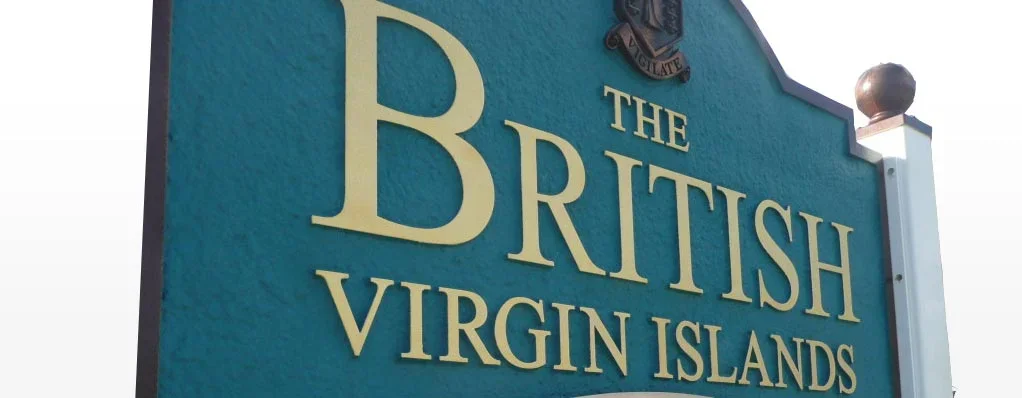BVI Company Formation Tips and ideas to get your company duly registered in the British Virgin Islands learn more here.The British Virgin Islands became autonomous in 1967. They are former British colonies but are now British territories outside the United Kingdom. Within these territories, the head of state is the currently reigning monarch; QueenElizabeth the Second currently, Long Live the Queen! The Monarch appoints a country representative to execute power within each territory. There are governors in areas of permanent populations and there are commissioners in areas of temporary populations. The governor acts as the de facto head of state and is responsible for appointing the head of government and senior political leaders. The governor also liaises with the government in the United Kingdom on matters pertaining to his area of representation and performs ceremonial duties. Commissioners also wield the same power as the governors but they also act as the head of state.

The U.K. provides assistance to these territories via the department of International Development. Within the BVI, the legal system is based on English common law though there are a few variations made to suit the local population.Any foreign affairs matters are handled by the foreign and Commonwealth office in London. Within the BVI, the currency ranges from the pound sterling, the Bermudan dollar to the Euro. These islands consist of Tortola, Jost Van Dyke, Anegada, Virgin Gorda, and another 50 smaller islands including the Cays. Of all these only 15 are inhabited with the capital known as Road Town in Tortola, which is the largest island. The total population of these islands is 22,000 people and 18,000 of these are located in Tortola.The main language of the BVI is English with a quick Creole accent. Companies that are registered within these islands have the capacity to engage in a wide range of activities. These include project finance transactions and structural asset transactions. This is due to the introduction of The British Virgin Islands Business Act of 2004. This is the sole business act in the region.Since January 2007 legislation was drafted to ensure that businesses were conducted in a uniform manner (according to United Kingdom law) for all the over seas territories. This legislation ensures that the territory is fully compliant with European Union code of conduct for business taxation and savings tax directives.Under the International Business Companys Act 2003 established on December 31, 2004, all the international businesses within the BVI must meet the following requirements:
/monthly_2016_04/bvi-company-formation.jpg.34e64027397c6df193670136f70fb4df.jpg

The U.K. provides assistance to these territories via the department of International Development. Within the BVI, the legal system is based on English common law though there are a few variations made to suit the local population.Any foreign affairs matters are handled by the foreign and Commonwealth office in London. Within the BVI, the currency ranges from the pound sterling, the Bermudan dollar to the Euro. These islands consist of Tortola, Jost Van Dyke, Anegada, Virgin Gorda, and another 50 smaller islands including the Cays. Of all these only 15 are inhabited with the capital known as Road Town in Tortola, which is the largest island. The total population of these islands is 22,000 people and 18,000 of these are located in Tortola.The main language of the BVI is English with a quick Creole accent. Companies that are registered within these islands have the capacity to engage in a wide range of activities. These include project finance transactions and structural asset transactions. This is due to the introduction of The British Virgin Islands Business Act of 2004. This is the sole business act in the region.Since January 2007 legislation was drafted to ensure that businesses were conducted in a uniform manner (according to United Kingdom law) for all the over seas territories. This legislation ensures that the territory is fully compliant with European Union code of conduct for business taxation and savings tax directives.Under the International Business Companys Act 2003 established on December 31, 2004, all the international businesses within the BVI must meet the following requirements:
- Firstly, the company must have a register of directors and appoint a director within 30 days of incorporation. (There is no stipulated minimum amount for capital).
- Secondly, an account within the BVI is not required but if one is available, it must be open to audit. There are no returns needed from the shareholders, directors, or officers. Any meetings the organization conducts do not need to be done in the BVI but can be conducted over the telephone.
- Lastly one director and one shale holder are required for the company to begin operation and the memorandum and articles of understanding are the only things pertaining to the company that are available publicly.
/monthly_2016_04/bvi-company-formation.jpg.34e64027397c6df193670136f70fb4df.jpg
Last edited by a moderator:

